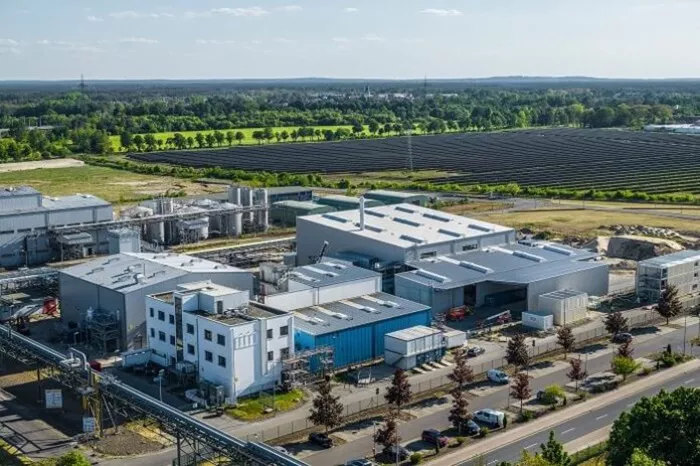BASF has officially started operations at its new battery recycling facility in Schwarzheide, Germany. The advanced plant focuses on processing “black mass” — a key material recovered from used lithium-ion batteries.
The facility can handle up to 15,000 tons of old batteries and production waste each year. That’s equal to recycling about 40,000 electric vehicle (EV) batteries annually, making it one of the largest plants of its kind in Europe.
This launch marks a major step for BASF and the European battery industry. As Europe works toward more sustainable and self-sufficient battery production, recycling helps reduce reliance on imported raw materials.
Black mass is produced by mechanically breaking down used batteries. It contains important metals like lithium, nickel, cobalt, and manganese. These metals are essential for making new battery components, such as cathode active materials (CAM).
BASF uses a chemical process to recover and reuse these metals. This supports a circular supply chain and helps reduce the environmental impact of mining new materials.
Related topics:
- Global Industrial Vacuum Cleaner Market Set to Nearly Double by 2032
- Oregon Village Board Discusses Proposal for EV Charging Stations
- FlexGen, Rosendin Partner on Utility-Scale Batteries for Data Centers

